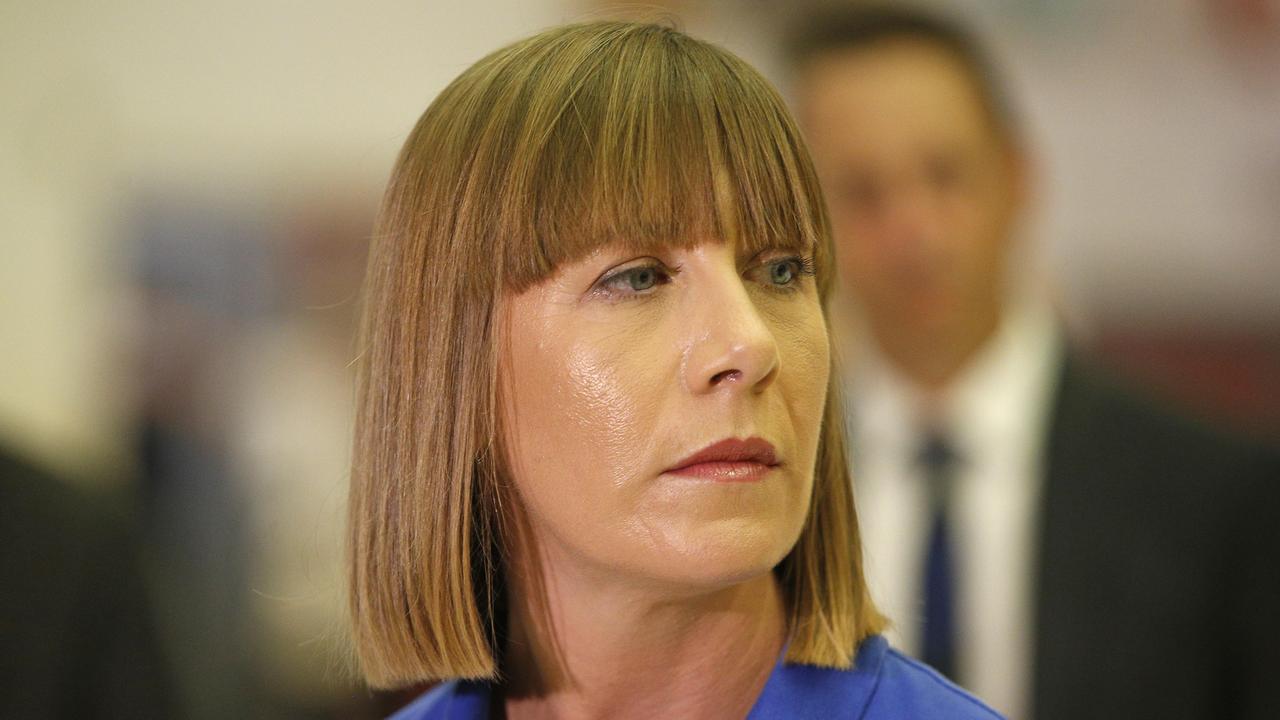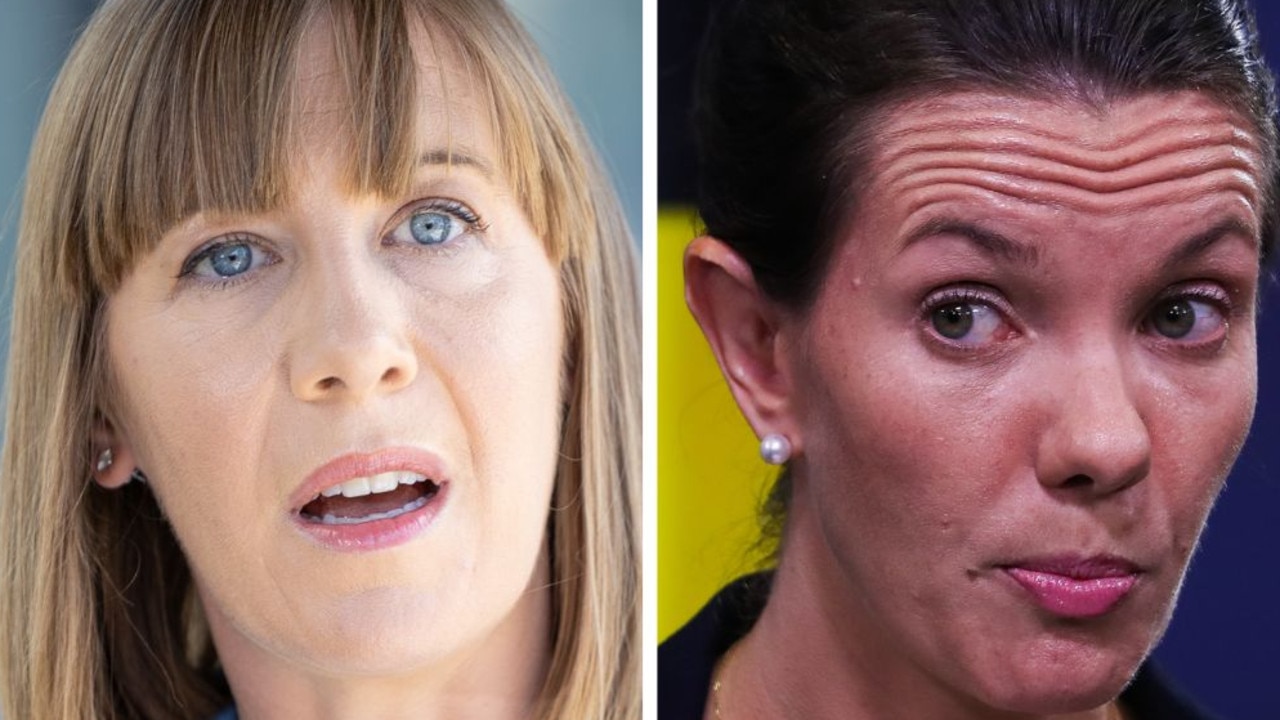Calls for congestion charging to be introduced to de-clog city roads
Why have toll roads when you can toll every road? Under radical plans motorists would be charged for every peak time km they drive.
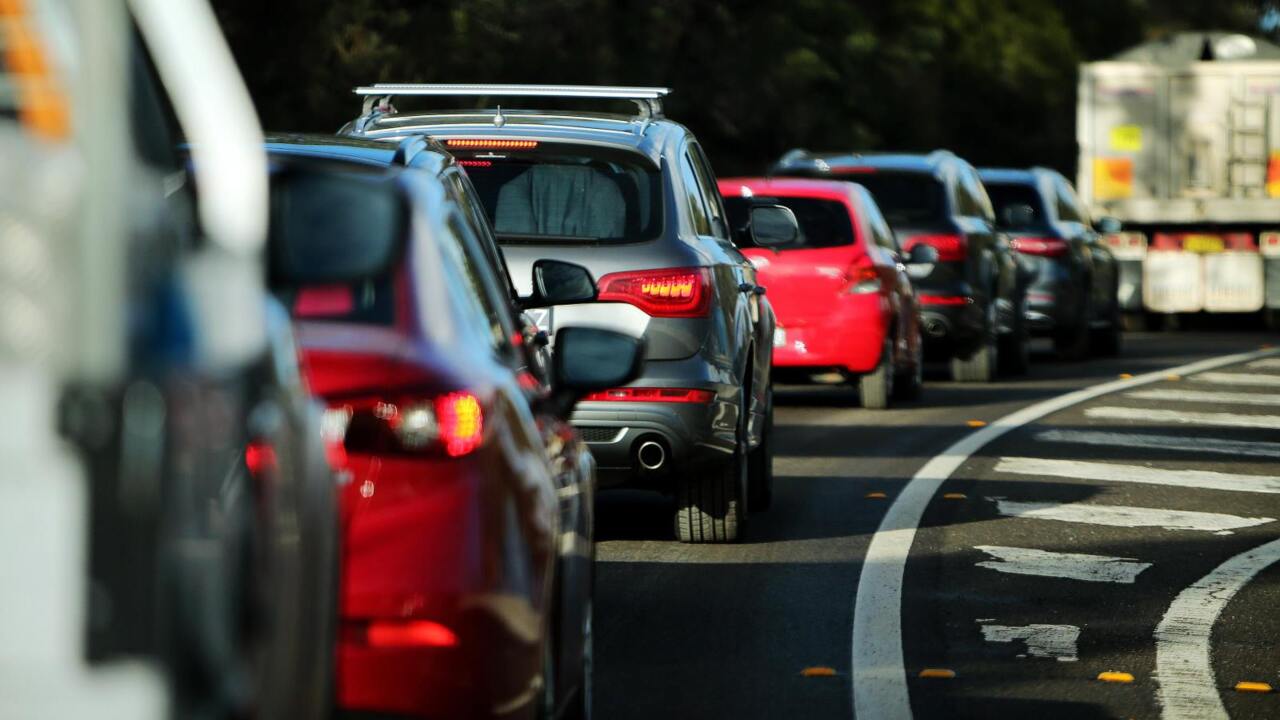
State governments have been called upon to bust congestion and clear clogged roads by going beyond just a few toll roads and effectively tolling each and every road during the peak.
Congestion watchers at a population conference in Sydney have said either a congestion charge “cordon” should surround CBDs or a road charge of up to 7c per kilometre driven should be put in place.
The backer of a road charge has claimed that under his proposal motorists would either be quids in or spend no more than they do already.
But the New South Wales Government is blunt on the issue. They’ve said road pricing is a “tax” and is “never going happen”.
The Sydney Morning Herald Population Summit, on Monday, looked at the thorny issue of calming congestion. With a limit to how wide you can make our motorways, might road pricing might be a solution?
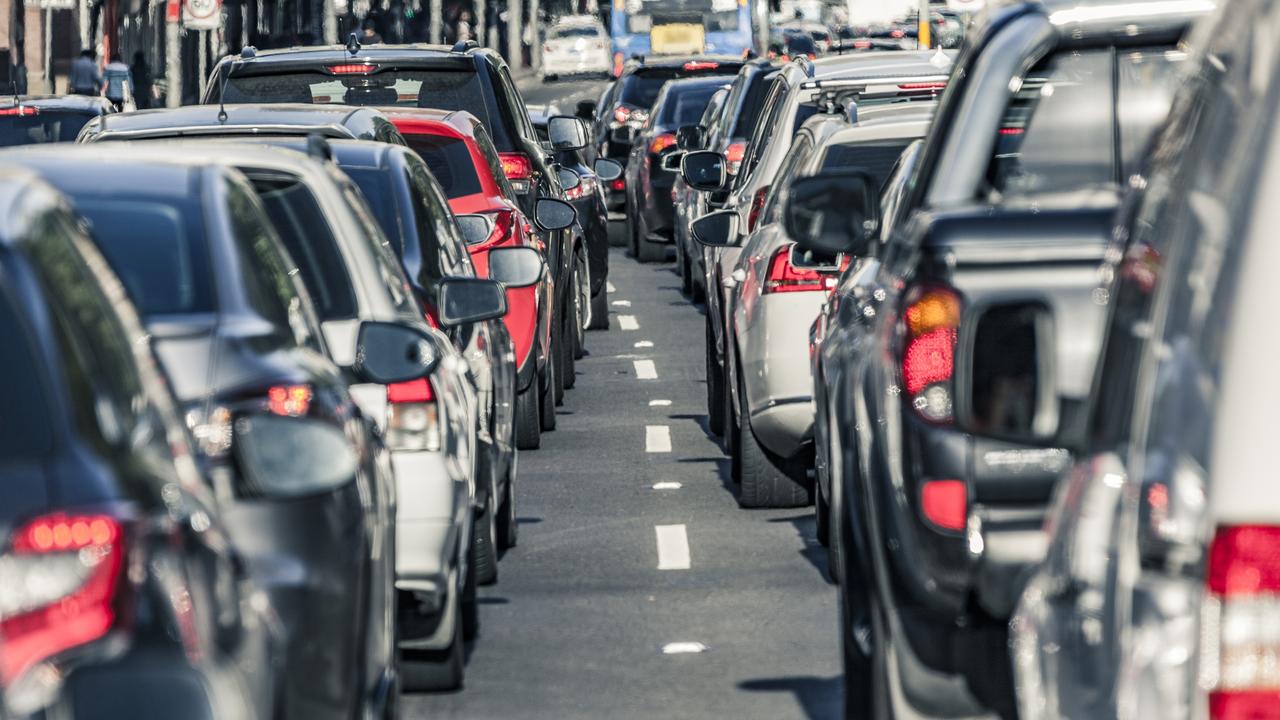
PAY TO ENTER THE CBD
Grattan Institute transport and cities program director Marion Terrill advocated for a CBD congestion charge. London’s charge has been in place since 2003 and costs users $21 daily.
“You draw a cordon around the CBD, perhaps a bit beyond, and anyone who crosses pay a charge,” she explained.
After 10 years, 10 per cent less traffic clogged the streets of Central London due to the charge.
RELATED: Melbourne ‘a decade behind’ when it comes to new infrastructure
RELATED: End to traffic congestion, but we may have to give up control of our cars
Ms Terrill said motorists had a tendency to recoil in horror at the sheer mention of road pricing, but a Sydney CBD congestion charge would be a good start.
“The public is understandably sceptical about congestion charging and people say to me ‘I don’t want to have to pay more to travel’,” she said.
“So, start with a cordon around the CBD and the reason for that is congestion in the CBD is visible, because there are public transport alternatives and, thirdly, fairness.
“People say you can’t do congestion pricing because it’s really unfair on people with lower incomes — that’s potentially a deal breaker — but a CBD cordon is overwhelmingly higher income people so the fairness problem is much less acute than whole of network charging.”
Ms Terrill said that despite its limited geography CBD congestion charges can have positive effects on roads elsewhere as, potentially, someone travelling a long distance would leave their car at home.
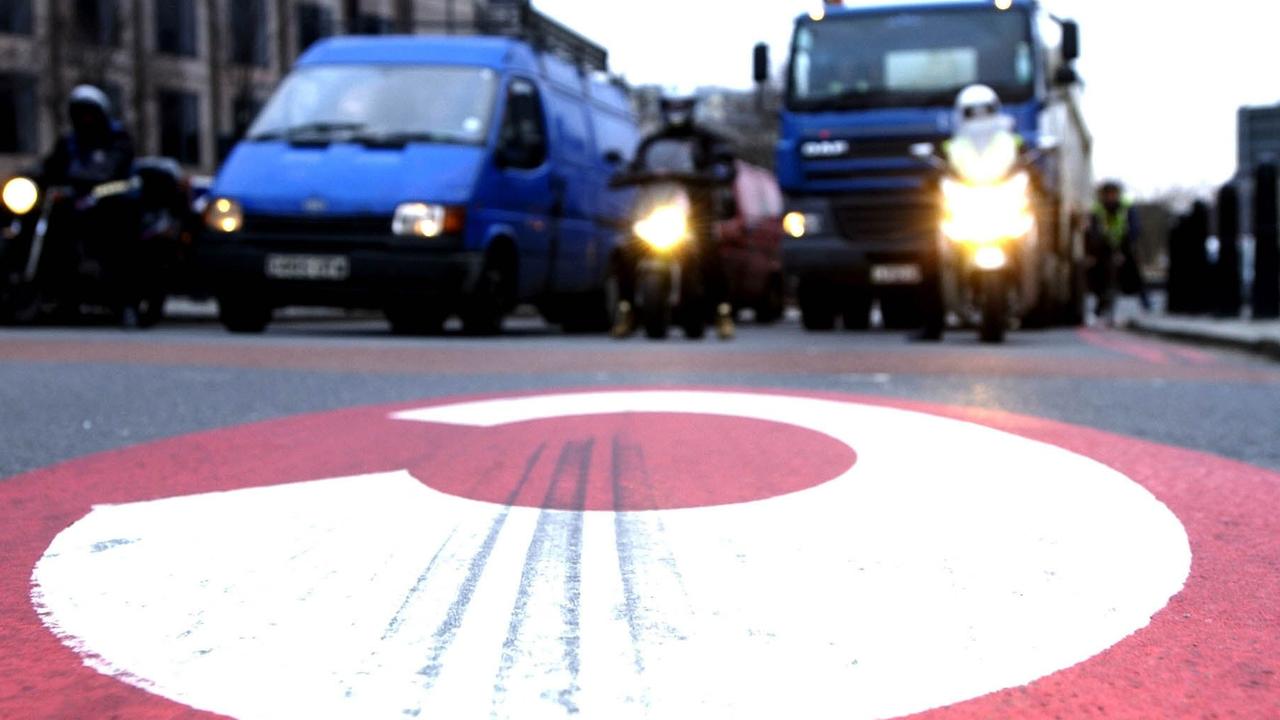
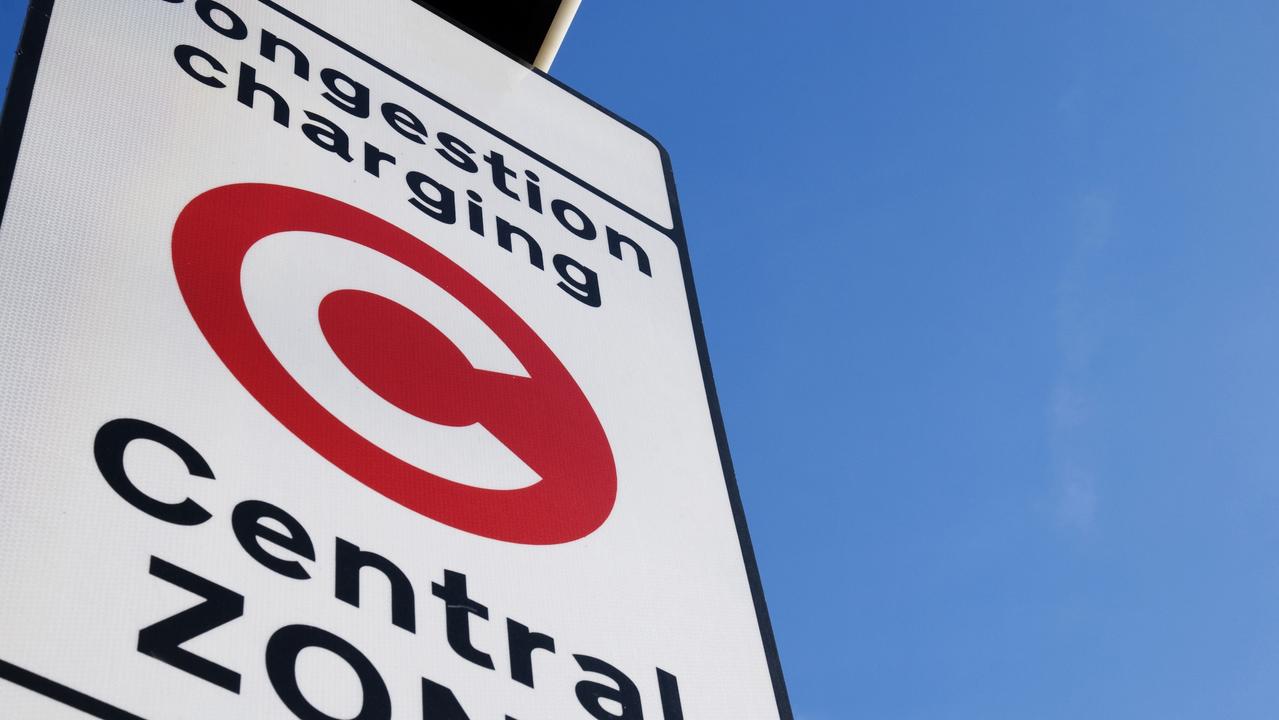
ROAD PRICING PER KM
It’s not for Professor David Hensher, of the University of Sydney’s Institute of Transport and Logistics Studies.
“It’s true that people in the CBD have relatively higher incomes but the proportion who drive is relatively small; 80 per cent of commuters use public transport already so there’s not a great deal of market to attack,” Prof Hensher said.
Instead, he wants every driver to be charged for every kilometre they drive in the peaks.
But, he insisted, we’d be no worse off.
“The way it works is you halve the rego cost and introduce a 5 cent per kilometre charge in the peaks,” he told news.com.au.
That charge could be later increased to 7c/km to fund new infrastructure.
Tags in cars would allow them to be electronically tagged. The charges would not be dependent on which road you took but which time you drove. Start moving between 7am and 9pm, say, and the cents would begin to clock up.
Prof Hensher said 30 per cent of peak hour commuters can’t change the time they leave home — they’re tradies going to jobs, people with inflexible workspaces or parents dropping off kids.
Of the remaining 70 per cent, he said around 6 — 8 per cent could be persuaded to avoid the morning rush. That would be enough to bring traffic levels down to near school holiday levels when there is 8 — 10 per cent fewer cars on the road.
The 5c/km charge level and rego cut had been decided upon, he said, so most motorists wouldn’t end up paying more. For those that were a case-by-case rebate could be given.
“If you travel outside the peak you avoid the 5c charge so you could potentially halve your rego and save the lot.
“And if you stayed in the peak you would be cost neutral,” he said.
“No one should be financially worse off and they’d all benefit from reduced journey times. It’s a win-win.”
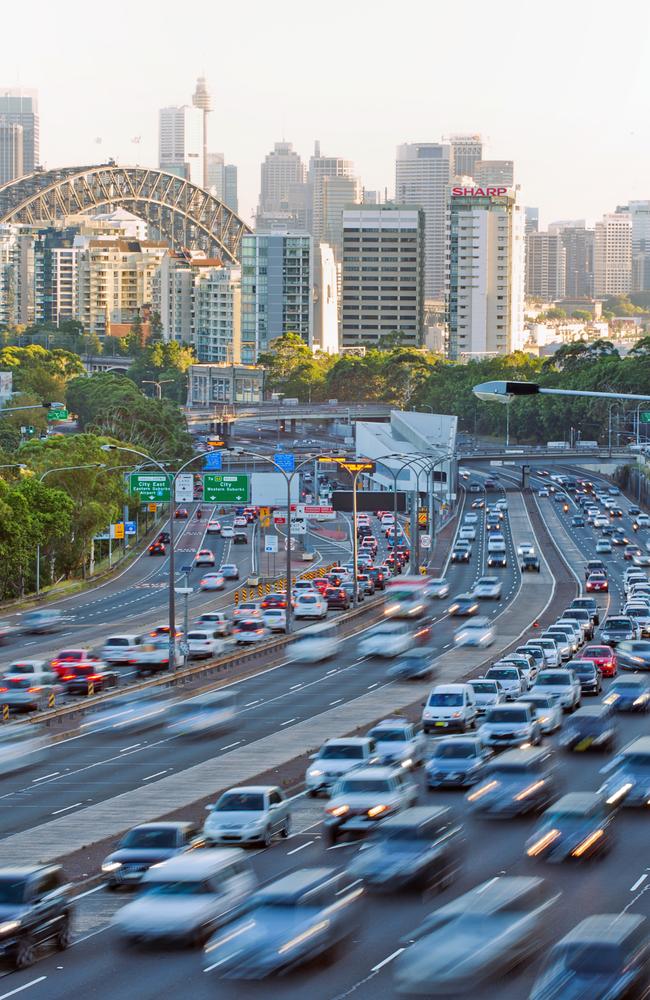
Dr Hensher said his plan was “not designed to raise additional revenue” but once time benefits were realised you possibly could hike up the cost per km to 7c to pay for transport improvements.
Wouldn’t governments, who love a good revenue stream, be tempted to indulge in a touch of price creep and whack up the charge by even more?
“That’s not on. That’s where the community would have to revolt. There’s got to be a social contract in terms of what we’re trying to achieve,” he said.
Prof Hensher was under no illusion about how hard it will be to instigate road charging.
“You need a champion. In London for congestion charging that was (former mayor) Ken Livingstone who said he was going to do, a lot of people said he was a twit, but it worked. We don’t have a champion in this country,” he said.
“Whenever anybody mentions congestion charging it gets emotional, it suddenly becomes a congestion ‘tax’.”
News.com.au contacted the NSW Roads Minister Andrew Constance who referred to a previous comment: “It’s not going to happen. You provide better public transport, you don’t need to introduce a congestion tax.”
Prof Hensher called for a trial to show how many people choose to abandon the peak time commute and the money they save.
“We need to get buy in from the public and that it won’t have a negative impact on their hip pocket. With a trial we could demonstrate that,” he said.
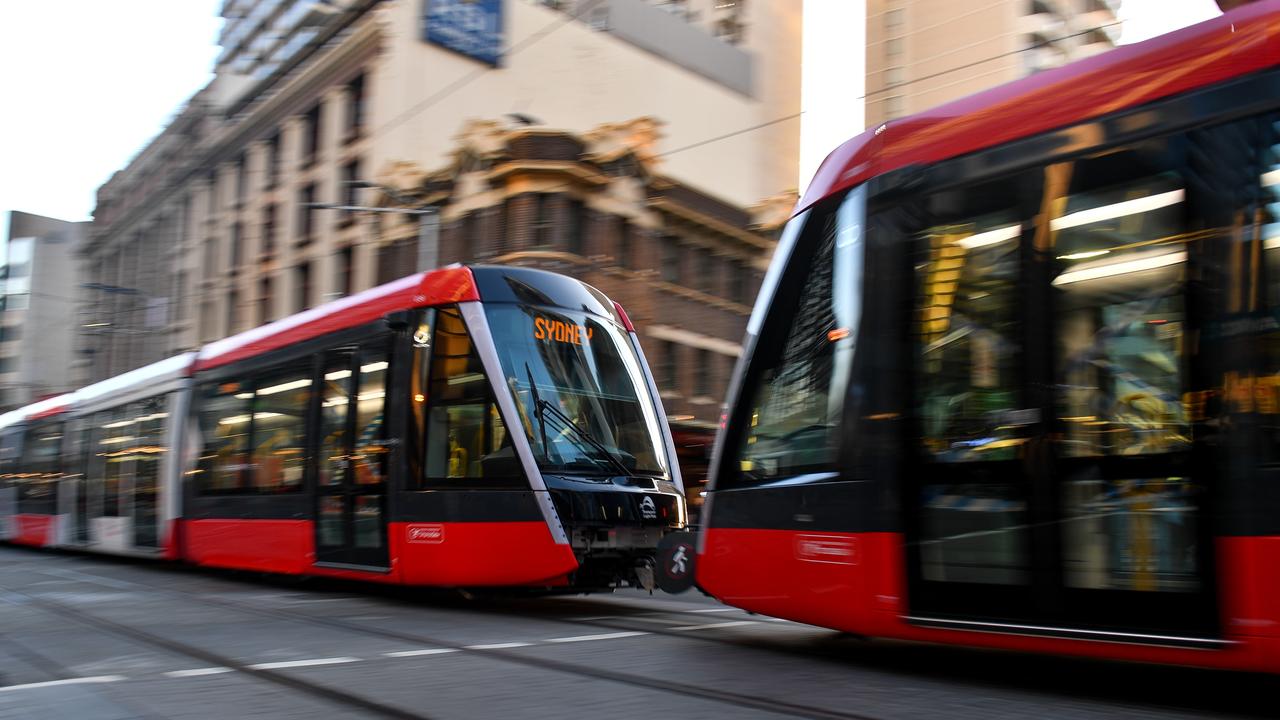
Transport for NSW (TfNSW) said a trial was not on the cards.
Instead they pointed to the delivery of the M4 smart motorway, pinch point program, bus priority infrastructure and road clearways programs, the latter of which does away with on street parking to provide an extra lane.
“The NSW Government is delivering the largest transport infrastructure program this nation has ever seen,” a TfNSW spokeswoman said.
“$55.6 billion of investment over four years for game-changing projects like Sydney Metro, light rail, motorways and road upgrades that will shape NSW cities, centres and communities for generations to come.”


